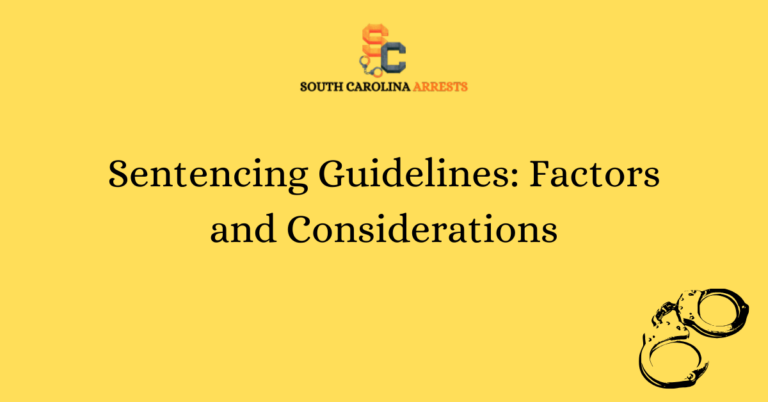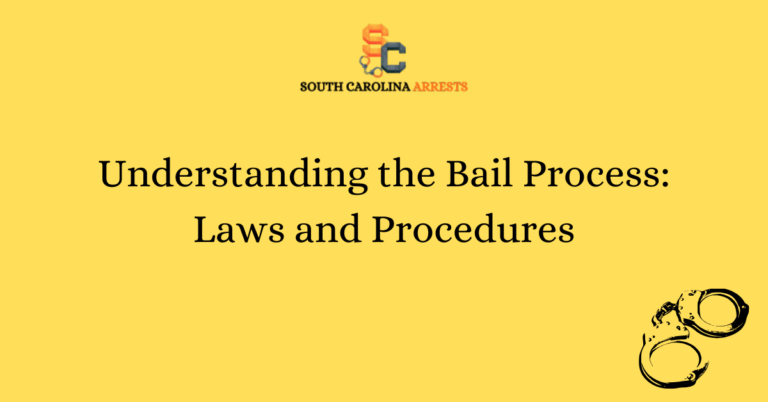Plea Bargaining Strategies: Tactics and Benefits
Exploring the realm of plea bargaining can prove to be a valuable asset for individuals navigating the legal system. By delving into various strategies and tactics employed in these negotiations, one can uncover a multitude of benefits that may impact the outcome of their case significantly.
Understanding the intricacies of plea bargaining can empower individuals to make informed decisions during legal proceedings. By shedding light on the advantages and potential pitfalls of different approaches, one can navigate the complexities of this process with confidence and clarity.
Benefits of Understanding Plea Bargaining
Plea bargaining is a crucial aspect of the legal system that offers several benefits to both defendants and the prosecution. By understanding the process of plea bargaining, individuals can potentially reduce their charges or sentences, saving time and resources in lengthy court trials.
Advantages of Different Negotiation Strategies
Various negotiation strategies can be employed during plea bargaining, such as focusing on mitigating factors, emphasizing cooperation, or seeking alternative sentencing options. These strategies can help defendants secure more favorable outcomes and avoid harsh penalties.
Potential Pitfalls to Avoid in Plea Bargaining
Despite its benefits, plea bargaining also comes with potential pitfalls that individuals should be aware of. These include accepting unfavorable deals out of desperation, not fully understanding the consequences of their plea, or facing pressure from authorities to confess.
Impact of Effective Tactics on Case Outcome
The use of effective tactics during plea bargaining can significantly impact the outcome of a case. By strategically presenting evidence, highlighting legal precedents, or leveraging expert testimonies, individuals can strengthen their bargaining position and negotiate better terms.
Empowering Individuals to Make Informed Decisions
Empowering individuals with knowledge about plea bargaining tactics allows them to make informed decisions regarding their legal defense. By understanding their rights and options, defendants can actively participate in the negotiation process and advocate for their best interests.
Strategies for Navigating the Plea Bargaining Process
Navigating the plea bargaining process requires careful planning and strategic decision-making. Individuals should consider factors such as the strength of evidence, the severity of charges, and the potential consequences of various plea deals before committing to a final agreement.
Uncovering Hidden Benefits of Negotiation Techniques
By uncovering hidden benefits of negotiation techniques, individuals can maximize their chances of securing a favorable plea bargain. This may involve exploring alternative sentencing options, highlighting mitigating factors, or negotiating for reduced charges based on specific circumstances.
Key Considerations for Successful Plea Bargaining
Successful plea bargaining requires a thorough understanding of the legal system, effective communication skills, and a strategic approach to negotiations. By considering key factors such as case strengths, potential outcomes, and individual goals, defendants can navigate the plea bargaining process with confidence.
Frequently Asked Questions
Our Frequently Asked Questions section aims to provide you with detailed information on Plea Bargaining Strategies: Tactics and Benefits.
What is a plea bargaining strategy?
A plea bargaining strategy is a negotiation process between the defendant and the prosecution to reach a mutually acceptable agreement to resolve a criminal case without going to trial. This tactic involves the defendant pleading guilty to a lesser charge in exchange for a reduced sentence.
What are the benefits of plea bargaining?
Plea bargaining can offer several benefits, including reducing the uncertainty of trial outcomes, saving time and resources, avoiding the stress of a trial, and potentially receiving a lighter sentence compared to the maximum penalty for the original charge.
How does the prosecution determine plea bargaining strategies?
The prosecution considers various factors when determining plea bargaining strategies, such as the strength of the evidence, the defendant’s criminal history, the seriousness of the offense, and the willingness of the defendant to cooperate with the investigation.
Can plea bargaining be used in all types of criminal cases?
While plea bargaining is commonly used in criminal cases, it may not be suitable for all situations. Some cases, such as those involving serious or violent crimes, may not be eligible for plea bargaining due to public safety concerns or the severity of the charges.
What are some tactics used in plea bargaining?
Common tactics in plea bargaining include leveraging mitigating factors to negotiate a more favorable plea deal, cooperating with the prosecution to provide valuable information, and presenting a strong defense to show the weaknesses in the prosecution’s case.
How should defendants prepare for plea bargaining negotiations?
Defendants should prepare for plea bargaining negotiations by thoroughly reviewing their case with their attorney, understanding the potential consequences of different plea options, and considering the long-term implications of their decisions. It’s essential to communicate openly with your legal counsel and make informed choices based on your unique circumstances.







